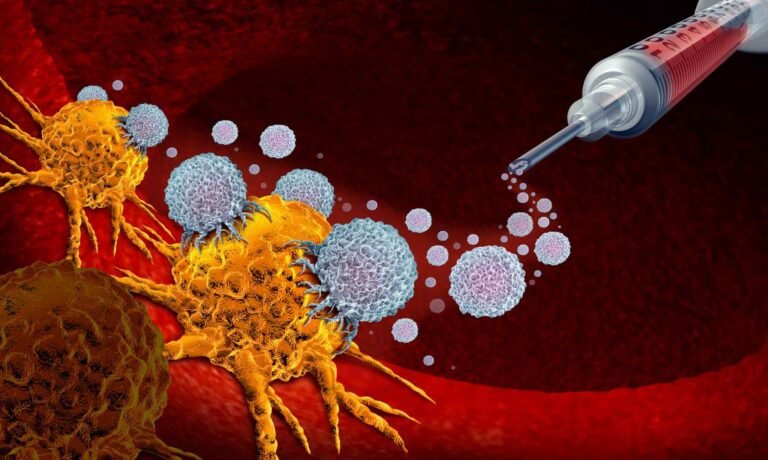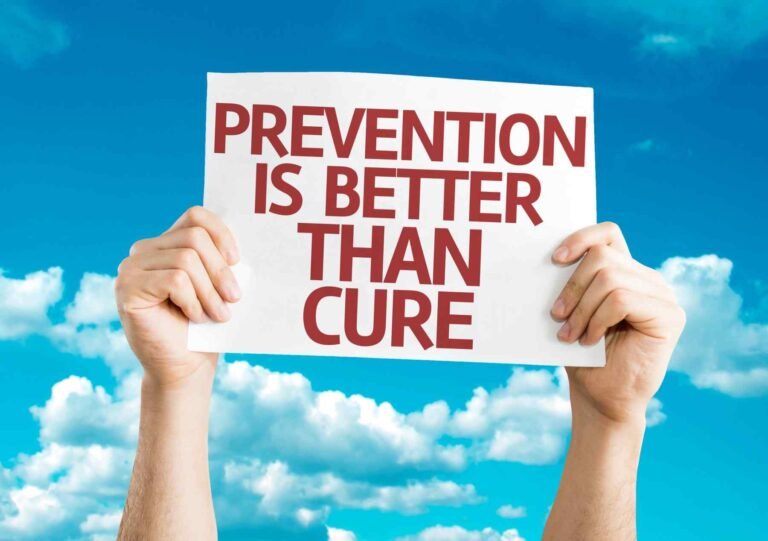Nutritional Support for Cancer Patients
Nutritional support must be optimized for the comprehensive care of cancer patients, offering not just sustenance but also a means to help manage the adverse effects of both the disease and its treatments.
Cancer and its treatments can significantly impact an individual’s ability to consume and absorb nutrients, leading to many nutritional challenges that can further exacerbate the patient’s already compromised condition.
Along with several other challenges cancer patients face, many nutritional hurdles exist:
Loss of Appetite: Cancer and its treatments can often lead to a diminished appetite, making it difficult for patients to consume an adequate amount of calories and nutrients to support their health and recovery.
Malabsorption Issues: Certain cancers and treatments can interfere with the body’s ability to absorb nutrients from food, leading to malnutrition despite adequate intake.
Altered Taste Sensations: Chemotherapy and radiation therapy can alter taste perceptions, causing foods to taste metallic, bitter, or otherwise unpalatable. This further dampens appetite and reduces food enjoyment.
Weight Loss and Muscle Wasting: Cancer cachexia, a complex metabolic syndrome characterized by weight loss, muscle wasting, and weakness, is a common complication among cancer patients and can have profound implications for an individual’s state of health.
Addressing these nutritional challenges is essential for maintaining patients’ strength, supporting their immune function, and enhancing their ability to tolerate and respond to cancer treatments.
Dietary Modifications
When considering the dietary challenges associated with cancer treatment, it’s important to realize that no one universal approach works for all individuals. By implementing dietary modifications and planned eating habits, cancer patients can better manage treatment-related side effects, optimize nutrient intake, and promote overall well-being.
Managing side effects through diet is a key aspect of supporting cancer patients during treatment. For instance, individuals experiencing nausea and vomiting may find relief by eating bland, easily digestible foods such as crackers, toast, rice, and bananas. Incorporating ginger tea or candies can also help alleviate nausea. In addition, consuming smaller, more frequent meals throughout the day can aid in managing symptoms.
Taste changes are another common issue faced by cancer patients undergoing treatment. Experimenting with different flavors and textures can be beneficial to combat altered taste sensations. Marinating meats, using herbs and spices, and adding citrus or vinegar to dishes can enhance flavor profiles. Additionally, consuming cold or room-temperature foods may be more tolerable than hot foods for some individuals.
Dry mouth, often a side effect of cancer treatment, can be managed through proper hydration and food choices. Staying hydrated by sipping on water throughout the day offers the most helpful prevention, while opting for moist or soft foods such as soups, stews, smoothies, and fruits with high water content can help alleviate discomfort. Hard candies or gum can also stimulate saliva production and provide relief.
When it comes to meal planning, focus on nutrient-dense foods. Prioritizing foods rich in essential nutrients like protein, carbohydrates, healthy fats, vitamins, and minerals can also be very beneficial.
Focus on Nutrient-Dense Foods: Prioritize foods that are rich in essential nutrients such as protein, carbohydrates, healthy fats, vitamins, and minerals. Examples include healthy meats, poultry, fish, eggs, dairy products, whole grains, fruits, vegetables, nuts, and seeds.
Protein-Rich Foods: Adequate protein intake is essential for supporting muscle strength and repair. Incorporate protein-rich foods such as healthy meats, poultry, fish, eggs, dairy products, legumes, and tofu into meals and snacks.
Carbohydrates for Energy: Choose complex carbohydrates such as whole grains, fruits, vegetables, and legumes, which provide sustained energy and fiber to support digestive health.
Healthy Fats: Include sources of healthy fats such as nuts, seeds, avocados, olive oil, and fatty fish like salmon and mackerel to provide essential fatty acids and promote satiety.
Vitamins and Minerals: Ensure adequate intake of essential vitamins and minerals, including vitamin D, vitamin B12, iron, calcium, and zinc, through a balanced diet and, if necessary, supplementation under the guidance of a healthcare provider.
By proactively addressing treatment-related side effects and optimizing dietary intake, cancer patients can better cope with the challenges they face and support their overall health and well-being during their treatment.

Important Nutritional Interventions
Nutritional interventions help support cancer patients throughout their treatment process, helping to optimize their nutritional status and enhance treatment outcomes. In cases where dietary intake is insufficient or compromised, supplementation and specialized nutrition support may be necessary to meet the patient’s nutritional needs effectively.
First, supplementation involves the use of oral or intravenous supplements to provide additional nutrients that may be lacking in the diet or are not adequately absorbed due to treatment-related side effects. Common supplements used in cancer care include:
- Multivitamins and Minerals
- Omega-3 Fatty Acids
- Protein Supplements
- Vitamin D
Cancer patients need to consult with their healthcare providers before starting any supplementation regimen, as certain supplements may interact with medications or exacerbate underlying health conditions.
Enteral vs. Parenteral Nutrition
Enteral nutrition involves delivering liquid nutrition directly into the gastrointestinal tract through a feeding tube. This approach is utilized when patients are unable to consume adequate nutrients orally due to factors such as swallowing difficulties, severe nausea and vomiting, or obstruction of the digestive tract.
Enteral nutrition provides a controlled and balanced source of nutrients, allowing for precise delivery of calories, protein, vitamins, and minerals to support the patient’s nutritional needs.
Parenteral nutrition, on the other hand, involves the intravenous administration of nutrients directly into the bloodstream, bypassing the digestive tract altogether. This approach is reserved for patients who are unable to tolerate enteral nutrition or have severe gastrointestinal dysfunction that precludes enteral feeding.
Parenteral nutrition is typically administered through a central venous catheter and also provides a complete source of nutrients, including carbohydrates, proteins, fats, vitamins, and minerals.

Final Thoughts
The nutrition status of the cancer patient is a determining factor in the success of cancer treatment. Nutritional interventions such as supplementation, enteral nutrition, and parenteral nutrition are specialized tools that can be utilized to improve cancer patients’ nutritional needs as they receive treatment.






